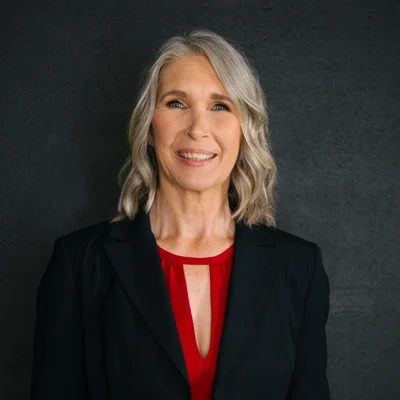Diversity in agribusinesses crucial

Although many women hold leadership positions within the primary sector, Regen founder and Crop X chief sustainability officer Bridgit Hawkins believes there is still a gender gap in senior leadership roles in agri-businesses.
"There are some amazing women who have senior roles in the industry, and there is a bit more happening all the time.
"I just think that it's not enough, not fast enough and not necessarily in a place where the most impact can happen," Hawkins says.
Hawkins, who holds a Master's degree in Agricultural Science, founded Fields of Change to help drive generational change and champion, celebrate and elevate female leaders and advocate for their advancement to senior roles in the agriculture sector.
Although around 50 per cent of agricultural science graduates in New Zealand are women, Hawkins says they are missing from senior leadership roles in the sector.
"If you look at where the capital in the sector rests, it's in large cooperatives and companies.
"If you look at the leadership, the CEOs and the leadership teams –not the boards, but the people that are doing the work, forming strategies and executing them, except for Tanya Houghton, CEO of Farmlands, they are almost all exclusively men."
Hawkins says that many women are in traditionally female leadership roles in support areas such as human resources and marketing in agribusinesses; the pathway from those departments to senior positions is unlikely.
"No one gets to be a CEO if they ran human resources."
Hawkins said the opportunity lies not in diversity quotas but in creating active pathways for women.
"We are not going to do it unless we build a bench, and we aren't doing that."
Women often take career 'breaks' to have a family, which usually falls at a pivotal time in a woman's professional career when women are likely to miss out on professional development or promotional opportunities.
Hawkins believes the sector needs to be more proactive about encouraging and investing in women returning to the workforce.
"I'm not aware of any organisations in the primary sector that proactively say, 'How do we bring this cohort back up? How do we invest in them more?'"
"We need to work with companies and say, 'If your intent is to get women into more functional parts of the business, how do you build programmes that will achieve that over time?'"
Hawkins believes that women are more likely to steer clear of careers in science, technology, engineering and mathematics (STEM) due to not being able to anticipate an advanced career due to the 'glass ceiling'.
"They can't see themselves having a fulfilling career path and not actually battling against invisible status quo pressures."
Hawkins said being the minority in a room full of men can be daunting and not often an experience men have to endure if roles were reversed.
"Men hardly ever get to experience it the other way around, to be the minority on a gender basis.
"If you add in ethnicity, it becomes even harder."
With what Bridget describes as 'enormous' problems facing the primary sector, having diversity in leadership means unique perspectives and approaches that lead to more creative and effective solutions.
"To understand all the different ways you could approach a challenge, you need people to come at it with different perspectives, which comes from being different.
"So different lived experiences, including gender, ethnicity, age and sector experience."
by Claire Inkson

